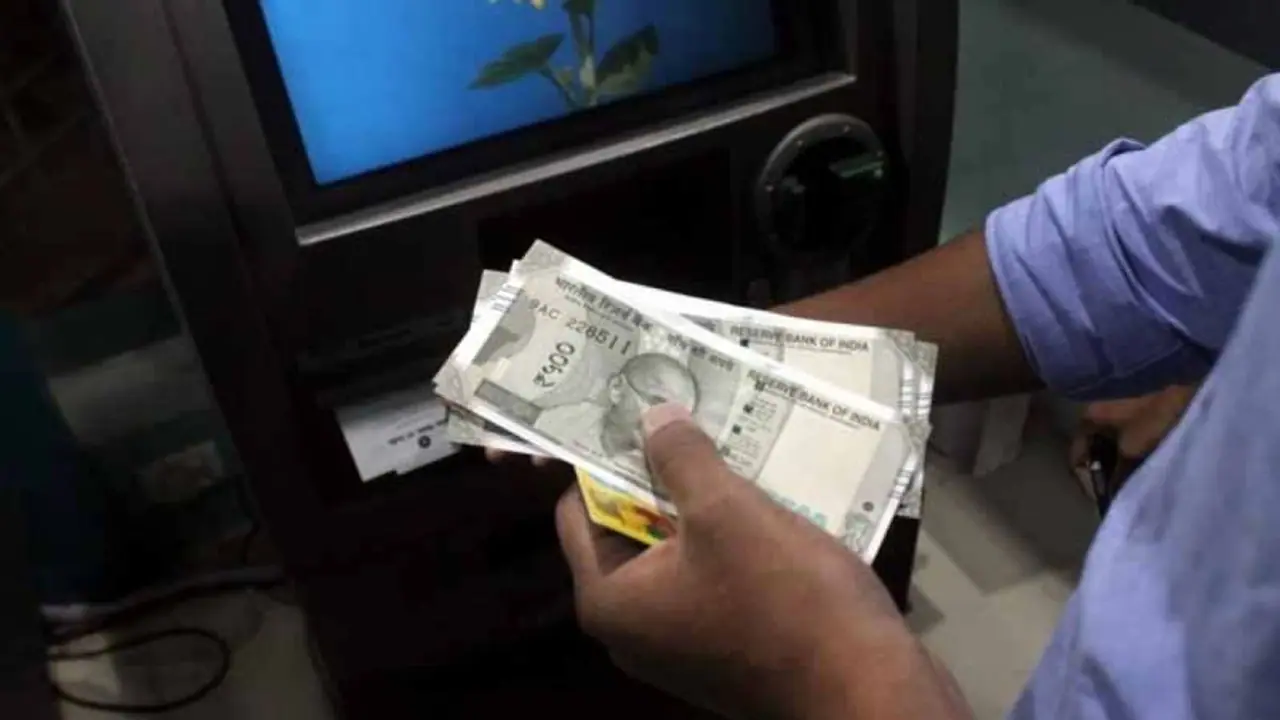The RBI decision reportedly comes after ATM operators raised concerns over the increasing cost of ATM deployment and maintenance.
The Reserve Bank of India has given the go-ahead to banks to hike the interchange fee per transaction through Automated Teller Machines from the existing Rs 15 to Rs 17 for cash transactions. For non-financial transactions, the fee has been increased from Rs 5 to Rs 6.

The increased charges will be applicable from August 1, 2021, onwards.
An interchange fee is an amount paid by the card-issuing bank to the ATM operator when a customer makes a transaction at an ATM of another bank. Currently, the card-issuing bank pays an interchange fee of Rs 15 for each cash transaction and Rs 5 for each non-cash transaction.
According to media reports, the RBI decision comes after ATM operators raised concerns over the increasing cost of ATM deployment and maintenance. The last change in interchange fee structure for ATM transactions was in August 2012, while the charges payable by customers were last revised in August 2014.
Customers are allowed five free transactions, including financial and non-financial ones, on a monthly basis from their own bank ATMs. They will be able to conduct three free transactions from ATMs of other banks in metro cities.
From January 1, 2022, banks have been allowed to levy Rs 21 per transaction from a customer after the individual crosses the eligibility of five free transactions. The move is aimed at compensating the banks for the higher interchange fee and given the general escalation in costs.
